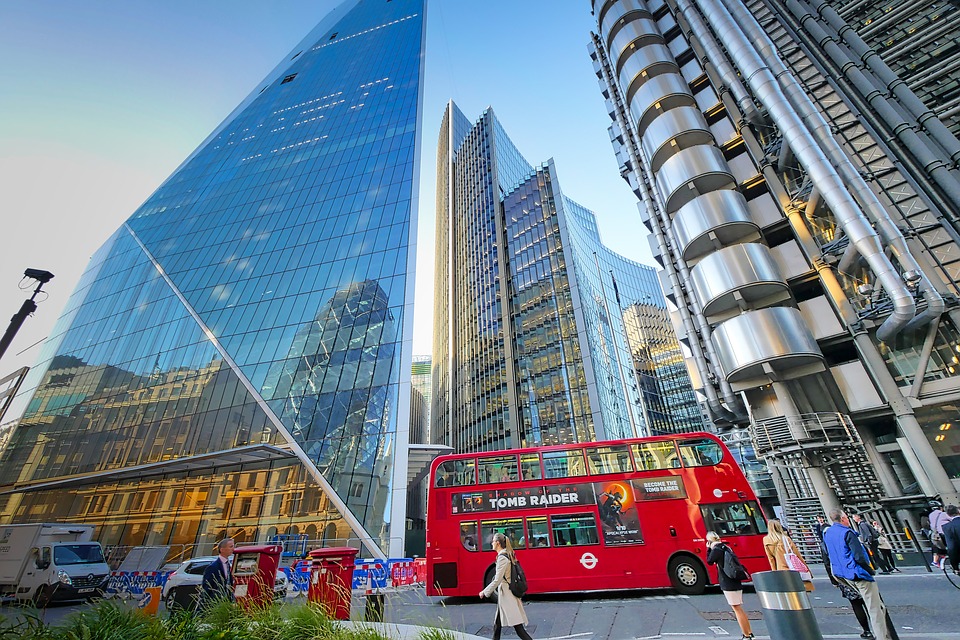The share of mortgage borrowers falling behind on debt repayments has remained “relatively low” during the pandemic, but the situation is worse for renters, according to the Bank of England ‘s latest research.
Whilst the proportion of mortgage balances in arrears has continued to resist a sharp rise since the start of the pandemic, the central bank’s quarterly update on household debt highlighted a worse outlook for renters.
“The Covid crisis has had a larger impact on renters’ finances than on homeowners’ finances,” it said.
“Renters were more likely to have lost their jobs or been furloughed, relative to households with mortgages or those who own their home outright.
“Survey evidence also suggests that more renters have seen a fall in income, a pattern which persisted over the crisis.”
Such observations have prompted the central bank to warn that “pressure on renters’ finances may result in defaults and losses for lenders”.
It added: “A fall in rental payments may lead buy-to-let borrowers to sell properties quickly, amplifying house price falls in a downturn.”
The National Residential Landlords Association published research earlier this year which suggested 840,000 private renters in England and Wales could have built rent arrears since March 2020.
To find out more about how we can assist you with your Second Charge Mortgage please click here
Surveying 2,077 private tenants, the membership body found 7 per cent of tenants had built up arrears as a direct result of Covid. Some 18 per cent of those in arrears had rent debts of more than £1,000.
More generally, the research also showed 11 per cent of private renters – between November and December 2020 when this survey was conducted – were unemployed.
Due to the government’s “no ‘one-size fits all’ approach” to rent payments during the pandemic, it concluded that “rent levels agreed in the tenancy agreement remain legally due and tenants should discuss with their landlord if they are in difficulty”.
The Bank of England said in its latest report if “renters cut consumption to keep up with rental payments this could amplify a downturn”.
It continued: “Renters are less likely to have savings compared to mortgage borrowers and spend a significant portion of their income on housing costs.”
This dip in income across the UK’s renting demographic has had a parallel impact on landlords’ income, according to the NRLA.
Out of 1,391 landlords it spoke to at the tailend of last year, 60 per cent said they had lost rental income as a result of the pandemic. And 39 per cent of this majority said those losses were continuing to increase.
With renters and landlords having absorbed the brunt of the pandemic-induced market shock, mortgage borrowers have, in contrast, benefitted from payment deferral schemes.
Since March 2020, the schemes have allowed borrowers to temporarily freeze mortgage and unsecured loan repayments, providing a cushion against any fall in income.
“Though payment deferrals were available to borrowers with either mortgage debt or unsecured debt, they appear to have had more of an impact in supporting those with mortgages,” the Bank of England said.
It cited UK Finance figures, which suggest around one in six UK mortgages were on payment deferrals around their peak in June 2020.
“The widespread use of mortgage deferrals in particular, has helped borrowers to manage temporary changes in their income through the crisis,” the bank concluded.
By Ruby Hinchliffe
Source: FT Adviser
Discover our Second Charge Mortgage Broker services.









